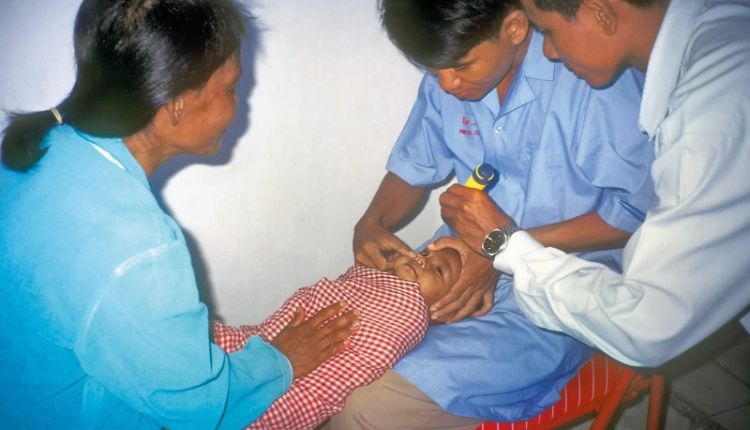Heart disease is the leading cause of death worldwide. But prevention plays a key role in tackling this silent killer. Medical clinics stand at the forefront of this effort. They help by offering vital services like screenings, lifestyle advice, and routine care. With the right support, managing risk factors becomes easier. Clinics can guide choices on diet, exercise, and even Spring weight loss. Together, these steps make a significant impact.
Table of Contents
The Importance of Regular Screenings
Regular screenings at clinics help detect heart disease early. Early detection means better outcomes. Clinics offer various tests like cholesterol checks and blood pressure readings. These tests identify potential issues before they become severe. The Centers for Disease Control and Prevention recommends regular check-ups to stay ahead of heart disease.
Lifestyle Advice and Support
Lifestyle changes are key in preventing heart disease. Clinics provide guidance on diet and exercise. Trained professionals offer personalized plans that fit individual needs. They focus on simple yet effective changes. For instance, eating more fruits and vegetables and engaging in daily physical activity. Clinics also help in stress management, which is crucial for heart health.
Routine Care and Monitoring
Routine care is more effective after treatment. Clinics monitor progress and adjust plans as needed. This ongoing support helps maintain a healthy lifestyle. It also reduces the risk of complications. Consistent monitoring can prevent small issues from becoming larger problems. This proactive approach is vital in heart disease prevention.
Comparing Heart Health Services
| Service | Function | Benefit |
| Screenings | Detects early signs of heart disease | Better outcomes through early intervention |
| Lifestyle Advice | Guides on diet and exercise | Fits individual needs for effective change |
| Routine Care | Monitors ongoing health | Prevents complications |
Community and Educational Programs
Many clinics offer community programs to educate about heart health. These programs raise awareness and provide resources. They often include workshops and seminars. The aim is to empower people with knowledge. Understanding risk factors and prevention strategies is crucial. The National Heart, Lung, and Blood Institute supports educational efforts to reduce heart disease prevalence.
Conclusion: A Heart-Healthy Future
Medical clinics play a vital role in preventing heart disease. Their comprehensive approach includes screenings, lifestyle advice, and routine care. These services support healthier choices and better outcomes. Clinics are a crucial ally in the fight against heart disease. Through education and personalized care, they help build a heart-healthy future.
